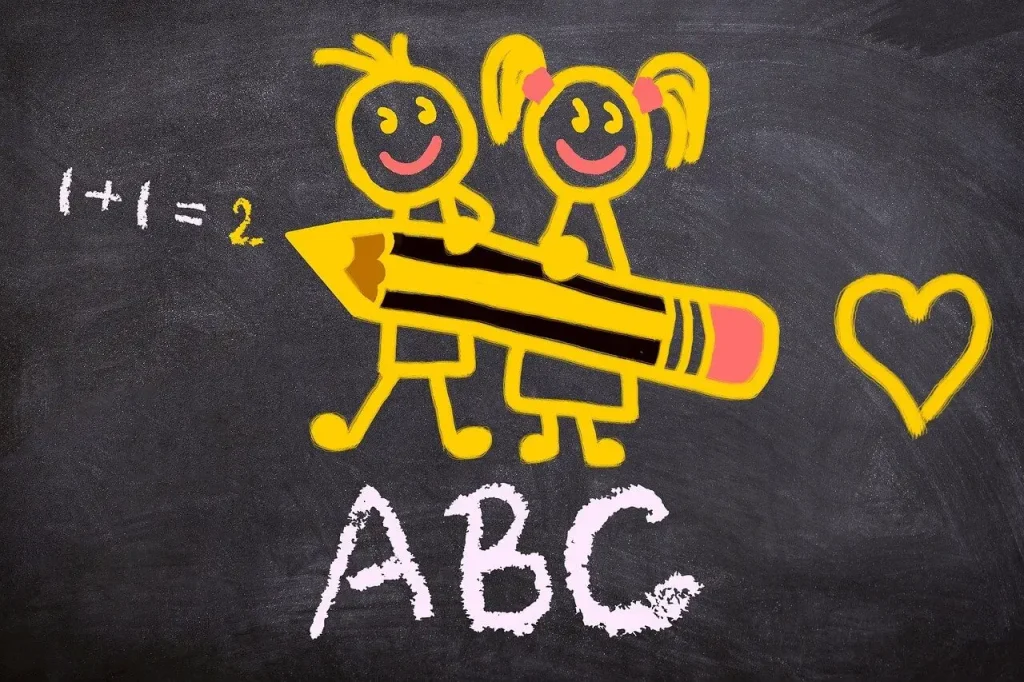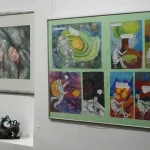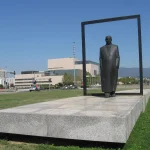Scheduled to start on September the 6th, the new school year for Croatian pupils is edging closer and closer. The pandemic is still lurking around dark corners as healthcare workers fear the new wave due to the inadequate vaccination rate among Croatian teachers. In addition, schools in Zagreb and Banovina/Banija region are still dealing with various earthquake reconstructions and many complain that the process going forward is way too slow.
Challenging times, no doubt, but education is one of the fields that has always gone through challenges through history. Looking back through history, 2021 is marking the 150th anniversary of the biggest conference of Croatian teachers known.
From August 23-25, the first Croatian Teacher Congress was held in the City of Zagreb, gathering over a thousand teachers from modern-day Croatian territory and the wider region (with Croatia at the time being part of the Austro-Hungarian Monarchy). That same year also saw the establishment of the Croatian Education and Literary Assembly (Hrvatski pedagoško-književni zbor), the oldest association of Croatian teachers, which is still very much active today.
”It was the beginning of a new era for Croatian teachers. It was an important event for the teacher’s community that greatly influenced on the perception of teachers and their ideas as important elements in building the modern Croatian education system. The first Croatian Teacher Congress took place in the then theatre hall (which is the Croatian Natural History Museum today) during the summer break when teachers, as the following years also show, were very active in undertaking professional activities that could’ve been organised while the schools were closed,” wrote Štefka Batinić for the Croatian School Museum’s blog.
The leading organiser of the first Croatian Teacher Congress was a teacher by the name of Ivan Filipović, and many teaching-related objects and material proof, as well as memories of that big event, can be seen at the Croatian School Museum in Zagreb on permanent display.
With 80 topics suggested for the discussion, only 12 were selected for the first Croatian Teacher Congress. This indicated both how many challenges were there to address in Croatian education at the time, and how needed it was to continue with such professional events.
Indeed, as Batinić continues, the need for frequency of these types of meetings was recognised by the profession but sadly, and rather unsurprisingly, obstructed by politics.
”A general Croatian Teacher Congress was supposed to be held every three to four years. Another two were held, in Petrinja in 1874 and in Osijek in 1878. None of those, however, broke the attendance record of the first one. The fourth congress was supposed to be held in Dalmatia in 1881, which would also mark the 10th anniversary of the first congress, but with the government at the time forbode the further holding of such congresses,” explained Batinić.
Despite further congresses being in decline, 1874 saw important reforms made by one of the most respected Croatian bans (leaders and representatives of Croatian territories in the Austro-Hungarian Monarchy), Ivan Mažuranić. As the Histedu website writes, Mažuranić brought Croatian education to the jurisdiction of the state, taking it away from church, he introduced PE (physical education) as an obligatory part of education, and he also made school more available to the general population, working also on ensuring better conditions in the school buildings (which in some saw pupils inhale dangerous gases from furnaces used to heat the buildings).
In that regard, 1871 is one of the most crucial years for Croatian education, with the first professional congress and foreshadowing changes Mažuranić introduced three years later. It was a year which, for any teacher that cares about their pupils, should serve as a goal to strive to and a basis on which we might find the same courage and strength to answer the modern issues which plague education in Croatia.
Read about Croatian politics and history since 1990 on our TC guide.
For more about history in Croatia, follow TCN’s dedicated page.











